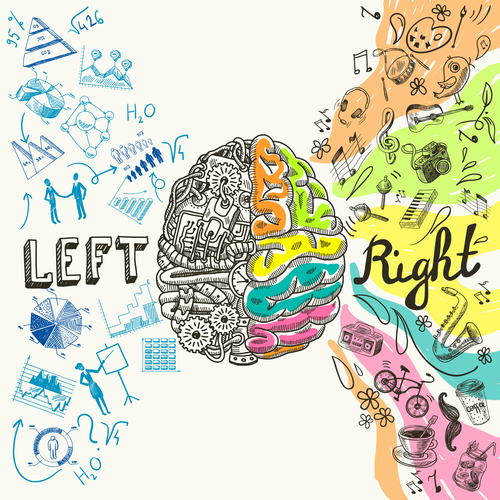Resources for Depression and ASD: Now that we know, what do we do?
Depression is more frequent in those with AS than the general population, and the struggles of those with AS often contribute to the development of depression. The obvious question is, what resources are available and what do we do? First, we should not accept depression as just a normal part of AS, especially if it’s interfering with everyday life. Secondly, we need to recognize the symptoms to help as early as possible. And lastly, we need to research the supports that are available – how you can help yourself or others right now – and what resources still need much improvement so that you can call upon action in your community.
Being aware of the symptoms of depression is critical:
- sleep difficulties, either sleeping more or less (insomnia, early morning waking);
- changes in appetite (either more or less hunger);
- weight gain or loss;
- a failure to enjoy normal sources of pleasure;
- difficulty concentrating;
- sadness, guilt or hopelessness;
- crying or unusual irritability.
Someone who is clinically depressed sees the world in the above ways each day. It’s important for the individual or those around to seek professional help.
Medication can help many with depression, as can Cognitive Behavioral Therapy. Although CBT is a slower process with AS individuals and needs to be adapted to their thought process. Some studies suggest neurobiofeedback can be helpful with depression and there are a few early studies of its use with ASD patients. For those who prefer to avoid medication, this is certainly worth exploring. It is best to come to your medical sessions with the knowledge of various treatments so that you can be prepared to discuss what is best for you.
It’s important to think about addressing the factors that can result in depression.
Dr. Marcia Eckerd has been in practice as a licensed psychologist since 1985. I am on the CT ASD Advisory Council and the Clinical Advisory Committee of the Aspergers/Autism Association of New England, as well the professional advisory board of Smart Kids with LD. Aspergers101 is honored to offered the knowledge and experience of Dr. Eckerd through her informative blogs!












